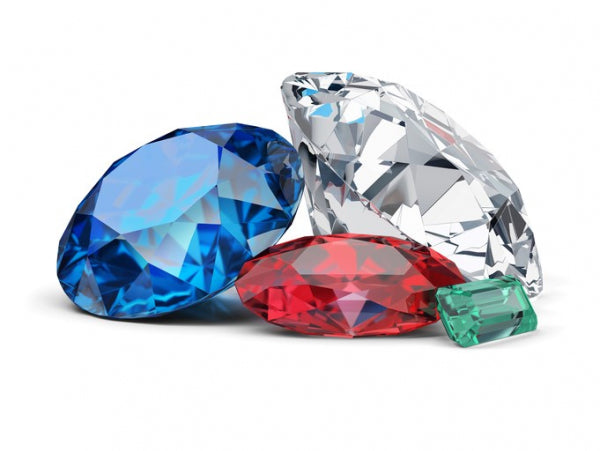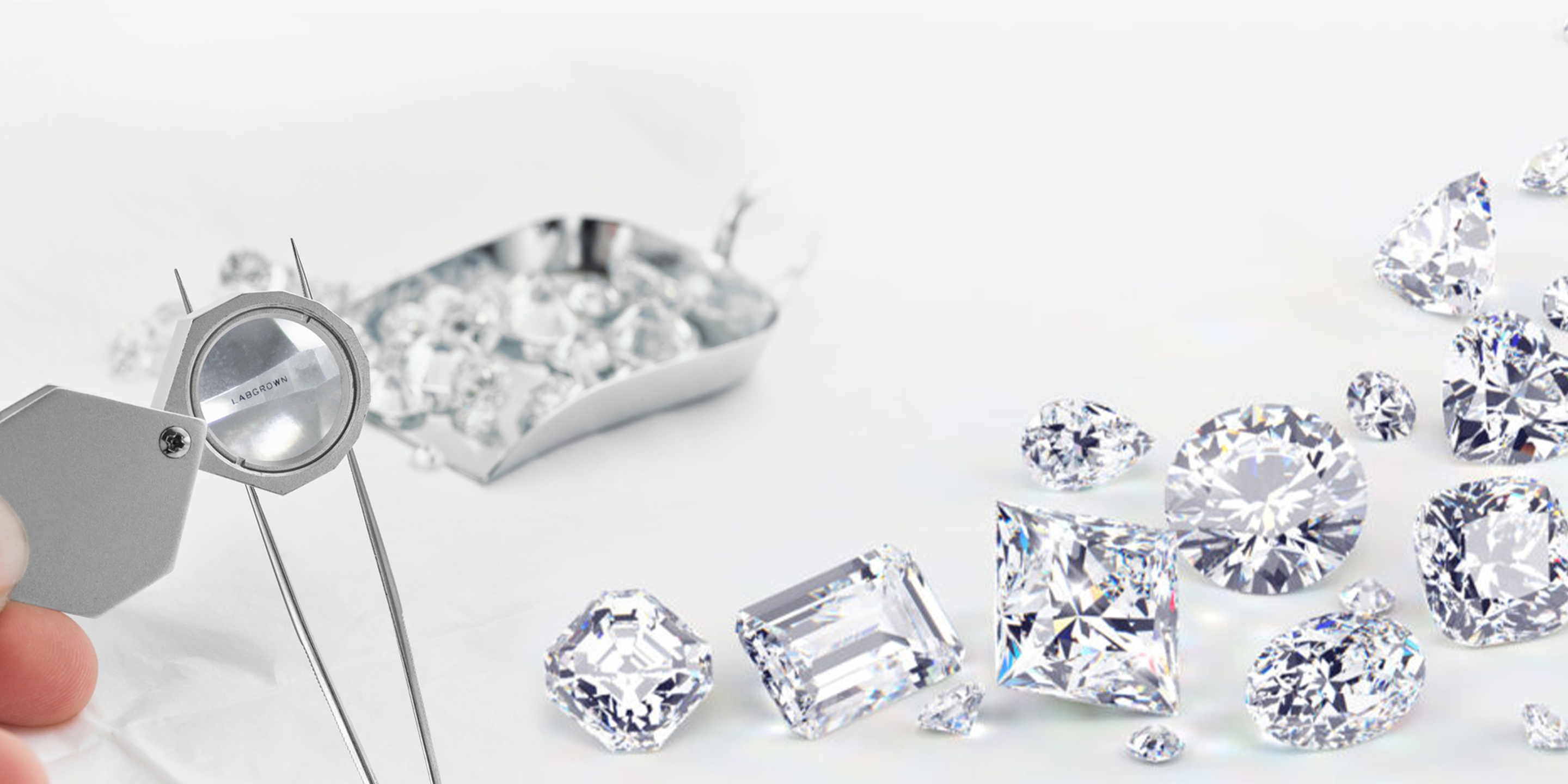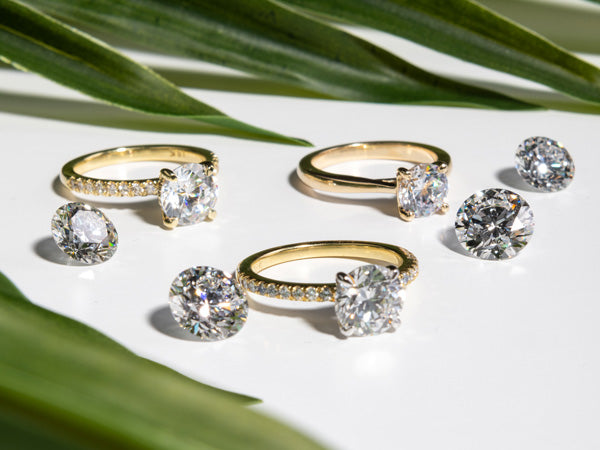
Introduction to Ethical Engagement Rings
Choosing an engagement ring is a deeply personal and significant decision, symbolizing love and commitment. However, the journey to find the perfect ring extends beyond aesthetics and cost. Today, more couples are prioritizing ethical engagement rings—a choice that reflects a commitment to social and environmental responsibility. This guide will explore the facets of ethical engagement rings, helping you make an informed and conscientious choice.
Understanding Ethical Engagement Rings
What Makes an Engagement Ring Ethical?
An ethical engagement ring is crafted with consideration for the environment, social justice, and human rights. These rings typically feature conflict-free diamonds, recycled metals, and gemstones sourced under fair labor practices. The aim is to ensure that the creation and sale of the ring do not contribute to environmental degradation or human exploitation.
Key Components of Ethical Engagement Rings
- Conflict-Free Diamonds: Also known as blood diamonds, conflict diamonds are mined in war zones and sold to finance armed conflict. Ethical rings use diamonds certified by organizations like the Kimberley Process, ensuring they are free from such associations.
- Fair Trade Gemstones: These gemstones are mined under conditions that provide fair wages and safe working environments for miners.
- Recycled Metals: Using recycled gold, silver, and platinum reduces the demand for new mining, which is often environmentally destructive.
- Sustainable Practices: Many ethical jewelers implement sustainable practices such as using eco-friendly packaging and reducing their carbon footprint.
Why Choose Ethical Engagement Rings?
Social Responsibility
Opting for an ethical engagement ring demonstrates a commitment to improving the conditions of workers in the mining industry. It supports companies that uphold fair labor practices and contribute to community development.
Environmental Conservation
The traditional mining industry is notorious for its environmental impact, including habitat destruction, soil and water pollution, and significant carbon emissions. Ethical rings help mitigate these effects by promoting sustainable mining practices and the use of recycled materials.
Peace of Mind
Knowing that your engagement ring has been sourced and crafted responsibly can provide peace of mind. It allows you to celebrate your commitment to each other without compromising your values.
How to Choose an Ethical Engagement Ring
Research Jewelers
Start by researching jewelers who specialize in ethical jewelry. Look for companies with transparent sourcing policies and third-party certifications that verify their claims.
Verify Certifications
Certifications are crucial in verifying the ethical claims of a jeweler. Some important certifications to look for include:
- Kimberley Process Certification: Ensures diamonds are conflict-free.
- Fair Trade Certified: Guarantees fair labor practices for gemstone miners.
- Certified B Corporations: These businesses meet high standards of social and environmental performance.
Consider Alternative Gemstones
While diamonds are traditional, alternative gemstones such as moissanite, sapphires, or lab-grown diamonds can be more ethical choices. These options often have a lower environmental impact and are available in various colors and styles.
Custom Design with Recycled Metals
Many ethical jewelers offer custom design services using recycled metals. This allows you to create a unique piece while minimizing environmental harm.
Top Ethical Jewelers to Consider
Brilliant Earth
Brilliant Earth is renowned for its commitment to ethical sourcing and sustainability. They offer a wide selection of conflict-free diamonds, fair trade gemstones, and recycled metals.
Blue Nile
Blue Nile provides a range of ethically sourced diamonds and offers detailed information on the provenance of their stones. Their commitment to ethical practices is evident in their transparent sourcing policies.
James Allen
James Allen offers a variety of conflict-free diamonds and lab-grown options. They also provide customization services using recycled metals, ensuring an ethical and personalized shopping experience.
Catbird
Catbird focuses on sustainability and ethical practices, using recycled gold and conflict-free stones. Their commitment to reducing environmental impact makes them a popular choice for ethical engagement rings.
Ethical Engagement Ring Trends
Lab-Grown Diamonds
Lab-grown diamonds are chemically identical to natural diamonds but are created in a controlled environment. They offer an ethical alternative as they do not involve mining and typically have a smaller environmental footprint.
Vintage and Antique Rings
Vintage and antique rings are inherently sustainable, as they do not require new resources for their creation. These rings also carry a unique charm and history lab made diamonds, making them a sentimental choice.
Colored Gemstones
Colored gemstones like sapphires, emeralds, and rubies are gaining popularity. When sourced ethically, these stones provide a vibrant and unique alternative to traditional diamonds.
Minimalist Designs
Minimalist designs are not only stylish but often require fewer resources to produce. Simple bands and solitaires can be elegant and ethical choices.
Caring for Your Ethical Engagement Ring
Regular Cleaning
Regularly clean your ring to maintain its sparkle. Use a gentle soap and water solution, and avoid harsh chemicals that can damage the metal and stones.
Professional Maintenance
Have your ring inspected by a professional jeweler annually. This helps ensure that the setting remains secure and any wear and tear is addressed promptly.
Ethical Insurance Options
Consider insurance options that align with your ethical values. Some companies offer policies that include protection against loss, theft, and damage while adhering to ethical standards.
Conclusion: Making a Meaningful Choice
Choosing an ethical engagement ring is a significant step toward a more responsible and conscientious lifestyle. It reflects a commitment to social justice, environmental sustainability, and personal integrity. By supporting ethical practices in the jewelry industry, you contribute to a better future for communities and the planet.






